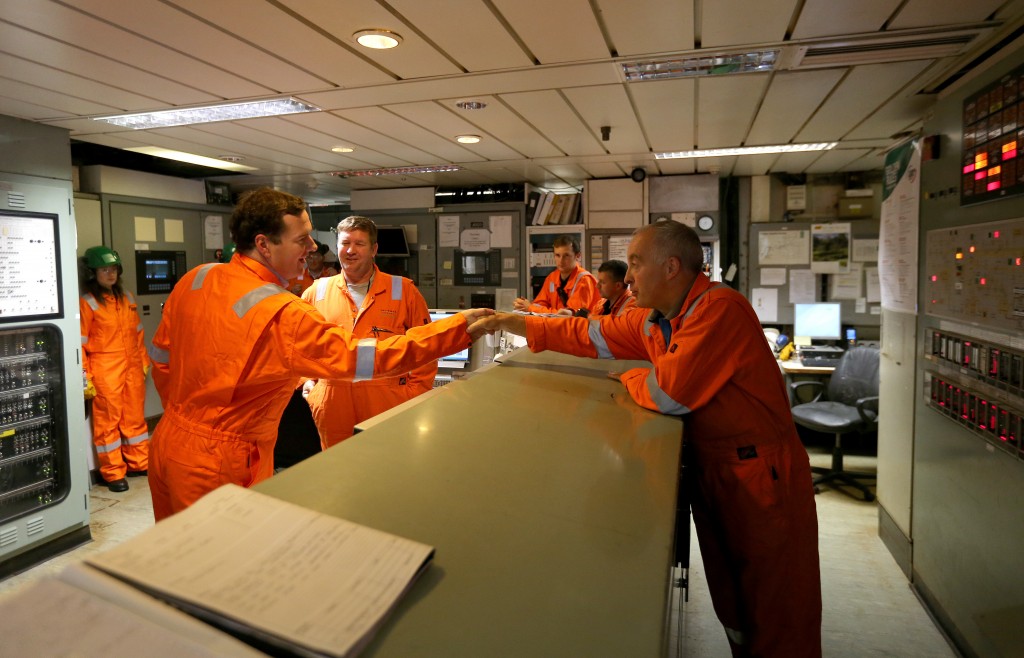The US Department of Interior released today an Environmental Impact Statement regarding US East Coast offshore seismic surveys, which constitute early-stage oil & gas exploration. The east coast has been off limits to oil companies for 30 years, but a favorable EIS could presage permitting activity. A Record of Decision would be the next step… Keep reading →
Offshore Oil
Sign up and get Breaking Energy news in your inbox.
We will never sell or share your information without your consent. See our privacy policy.Offshore oil field workers could be living in some fancy new digs by 2015, as Norwegian ship builder Salt Ship Design puts the finishing touches on a new vessel that generates its own waves, counteracting those occurring naturally at sea, to keep the vessel stable. The technology would allow workers to stay on a ship… Keep reading →
A music video of the 80’s classic song “Africa” by Toto reportedly made by oil field workers aboard the “Bourbon Peridot” vessel in Equatorial Guinea is making the internet rounds, and while it’s very entertaining, little information about the operation is available. The You Tube post states, “Our own version of the music video for… Keep reading →
Once again, the US Navy is moving more warships to the Persian Gulf. This time, though, we’re not sending an extra aircraft carrier or another task force. This is arguably a de-escalation of possible tensions with Iran. In a nutshell, the Navy is replacing big ships with small ones. The three new ships – Tempest,… Keep reading →

A new revenue-sharing bill – the FAIR Act – would enable coastal states to receive a share of offshore energy revenue and put onshore renewable energy on the same scale as onshore fossil energy to ensure equitable revenue-sharing to encourage clean energy efforts.
On March 20, Senators Mary Landrieu (D-La.) and Lisa Murkowski (R-Alaska) introduced the Fixing America’s Inequity with Revenues (FAIR) Act to provide states with a share of revenue from energy developed on federal land and waters. Under the FAIR Act, coastal states would be entitled to 27.5% of revenue from offshore energy developments, including fossil, wind, and wave energy, and an additional 10% if they establish funds to support clean energy and energy conservation programs. The federal government would receive the remaining 62.55% to address budget deficits. Keep reading →




